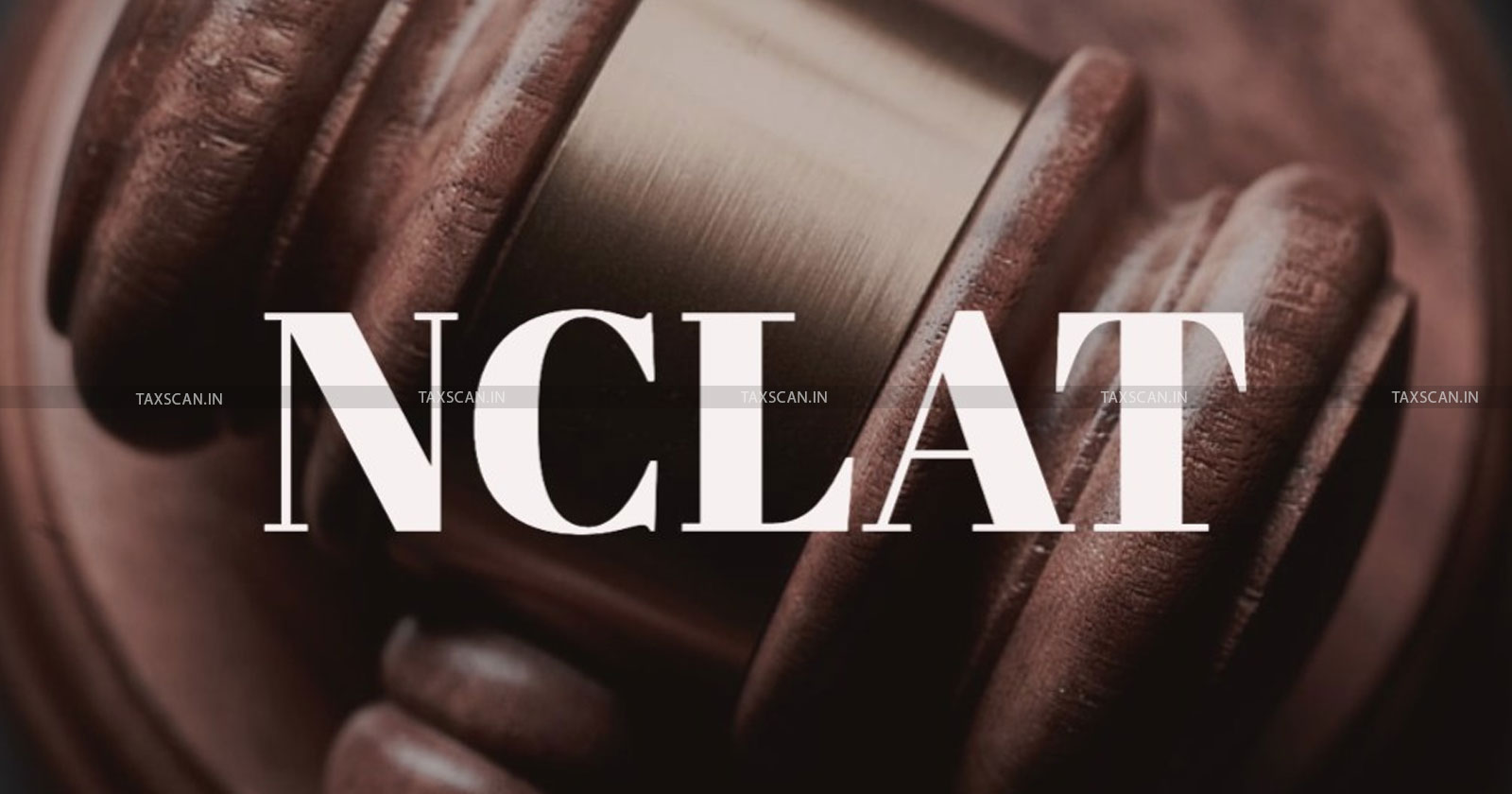Decree Holder falls under Definition of “Financial Creditor” under IBC: NCLAT allows Appeal [Read Order]
The tribunal found that the appellant's status as a decree holder does not preclude him from being recognised as a financial creditor

NCLAT – NCLAT New Delhi – Decree Holder falls – Taxscan
NCLAT – NCLAT New Delhi – Decree Holder falls – Taxscan
The New Delhi bench of the National Company Law Appellate Tribunal ( NCLAT ) has ruled that if a decree is founded on a financial debt, the holder of the decree is considered a "Financial Creditor" for the purposes of Sections 5(7) and 5(8) of the Insolvency and Bankruptcy Code (IBC).
The Tribunal observed that because the Respondent had admitted the debt, the Petition submitted by the Appellant was within the statute of limitations, as stipulated by Section 18 of the Limitation Act, 1963. It filed a complaint against the Respondent under the Corporate Insolvency Resolution Process ( CIRP ).
The parties were involved in litigation, which included the appellant's recovery suit filed in the Delhi High Court. A settlement Agreement was the result of mediation, which was used to resolve disputes. The Respondent promised to pay the Appellant Rs. 15.23 crores by writing four checks, but the Rs. 10 crore check was returned.
In order to enforce the order, the Delhi High Court ordered a court auctioneer to sell a land in Pratap Vihar, Ghaziabad, and attached the Respondent's bank accounts and real estate. Despite the Delhi High Court's ruling, the Respondent did not pay the Rs. 10 cr debt. As a result, a petition under Section 7 of the IBC was filed. The Section 7 petition was denied by the adjudicating authority on the grounds that it was barred by limitation.
Transform GST Compliance with Expert Drafting Skills - Click here to Register
Since the Respondent has repeatedly acknowledged its obligation to reimburse the Appellant, the Appellant argued that the Petition was within the statute of limitations. The cause of action began on April 7, 2016, when the Respondent's check was returned. Since the Respondent acknowledged its liability before the High Court on a number of occasions, the cause of action was ongoing.
In contrast, the Respondent argued that the debt is prohibited by limitation because the check bounced on April 7, 2016, and the mediation settlement was finalized on September 11, 2014, both of which make it evident that the petition was submitted in October 2019. Also, the Respondent argued that although a decree holder is a "Creditor" as defined by Section 3(10) of the Insolvency and Bankruptcy Code (IBC), they are not a "Financial Creditor" as defined by Section 5(7) of the IBC.
The Tribunal cited the Supreme Court's ruling in Dena Bank (now Bank of Baroda) vs. C. Shivakumar Reddy & Anr., which declared that if a decree is based on a financial debt, the holder of the decree is considered a "Financial Creditor" under the IBC. The Appellant's status as a Decree Holder does not prevent him from being recognized as a Financial Creditor, the Tribunal said. The nature of the underlying financial debt remained unchanged by the decree.
The two-member bench comprising Justice Yogesh Khanna (Judicial member) and Arun Baroka (Technical member) observed that even though the cause of action for the Appellant arose when the cheque issued by the Respondent was dishonoured yet under Section 18 of the Limitation Act, 1963, a fresh period of limitation begins from the date of acknowledgement of the liability. The Tribunal found that the Appellant's petition filed on 11.10.2019 was within the limitation period due to the acknowledged debt.
Transform GST Compliance with Expert Drafting Skills - Click here to Register
According to the Tribunal, the appellant is a financial creditor as defined by IBC Sections 5(7) and 5(8). Additionally, it determined that the petition filed under Section 7 is within the allotted time. The appeal was granted. The CIRP was started against the Respondent, M/s. ADTV Communications Pvt Ltd, after the Appellant's application under Section 7 of the IBC was accepted.
To Read the full text of the Order CLICK HERE
Support our journalism by subscribing to Taxscan premium. Follow us on Telegram for quick updates


